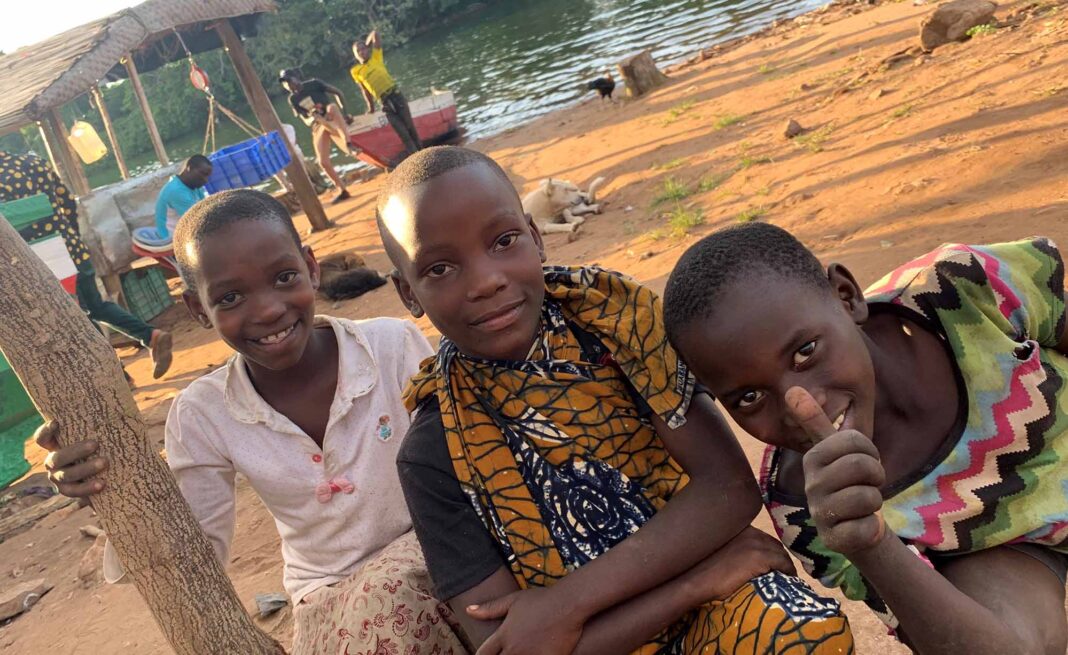Actually, Tweyambe Secondary and High School in Bukoba could provide 600 pupils with a solid general education, computer skills and manual skills. Could. Because the school is running out of pupils. Many families cannot afford the 50 euros a month that would enable their children to escape poverty. Help is urgently needed! Will you support us in this?
For more than 30 years, the school in the far northwest of Tanzania has been supported within the framework of a school partnership with the Swedish Martin Koch Gymnasiet. A carpentry workshop, a sawmill, welding equipment and a computer room have already been made possible in this way and make the pupils fit for the progress of their country. And yet the number of pupils is declining; only 130 children and young people are currently still studying at the school and also receive food and medical care here. In order to turn the situation around, Computop co-founder Ralf Gladis is committed and is looking for more supporters who can take on the sponsorship of a pupil.
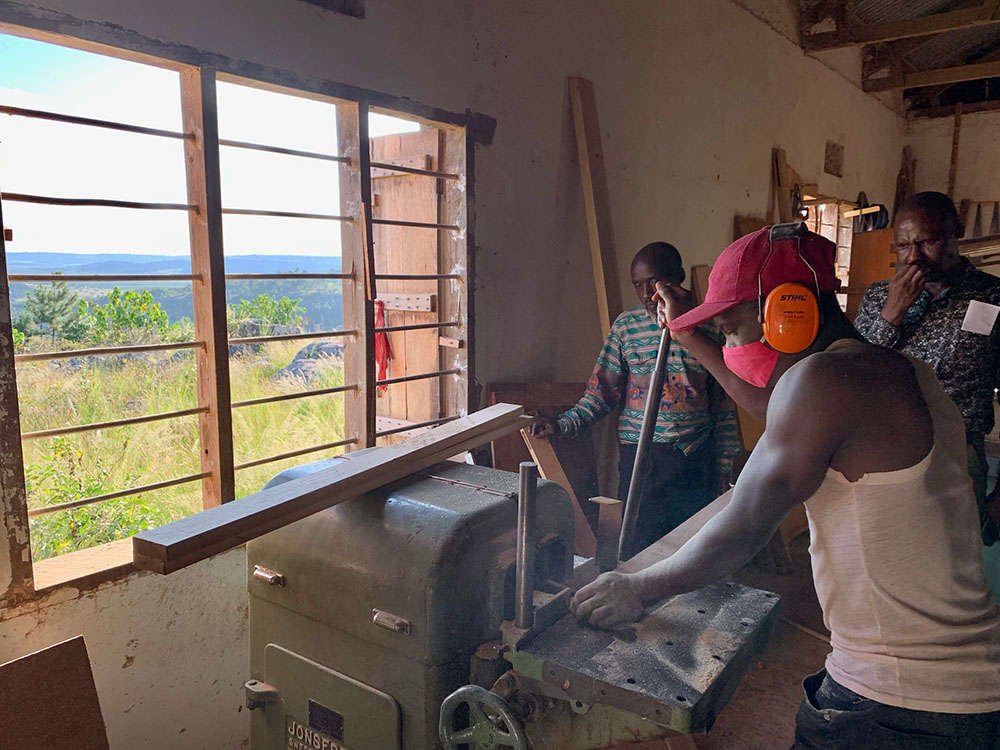
Electricity on the island for the first time
About 50 km away from the school is the island of Kibumba in Lake Victoria. Prof. Wolfgang Schade from Goslar electrified it with his team from the Fraunhofer Institute. The 300 residents now get electricity from solar energy, and thanks to used batteries from electric cars, the electricity is available day and night. This is important, for example, for refrigerators and for reading lamps to avoid the use of unhealthy oil lamps. But there is a lack of knowledge for maintenance and repairs.
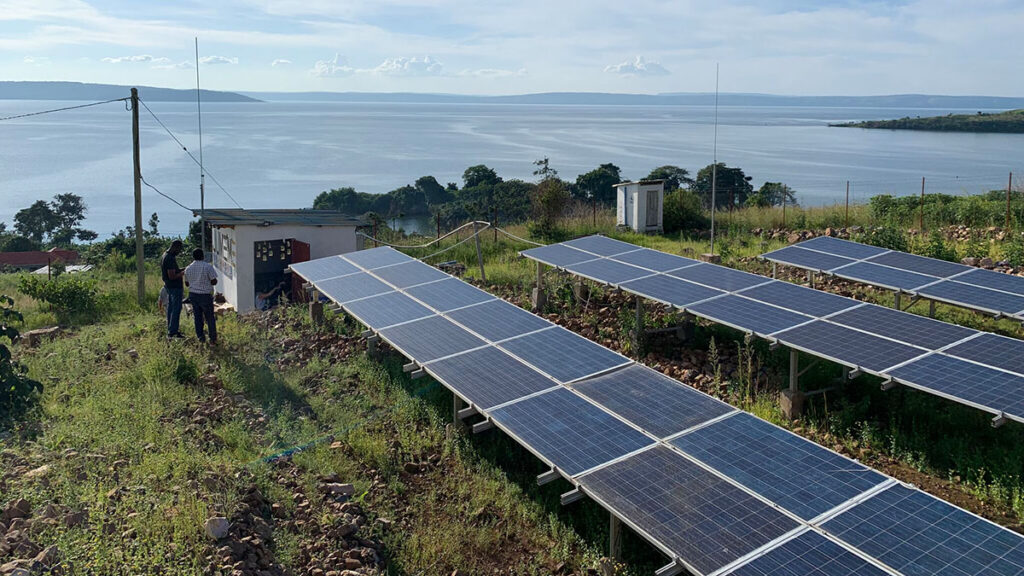
On the timetable: Mini grid systems
In the future, graduates of the Tweyambe School will be able to help here. The school will not only receive solar technology and storage batteries, but will also impart the necessary knowledge to set up and maintain the system. Every month, a project staff member will visit Tweyambe School and provide support. In addition, the school’s own diesel generators can then be switched off – an important contribution to climate protection and cost savings. Last but not least, the powerful batteries of the electric vehicles will be put to a valuable second use here before their raw materials are recycled at the end of their service life. (More on the technical and economic background of these mini-grid systems: http://voltaview.de/)
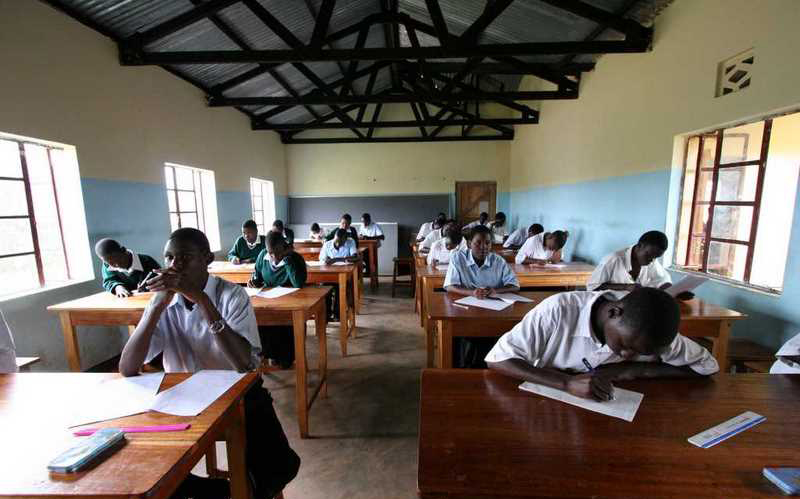
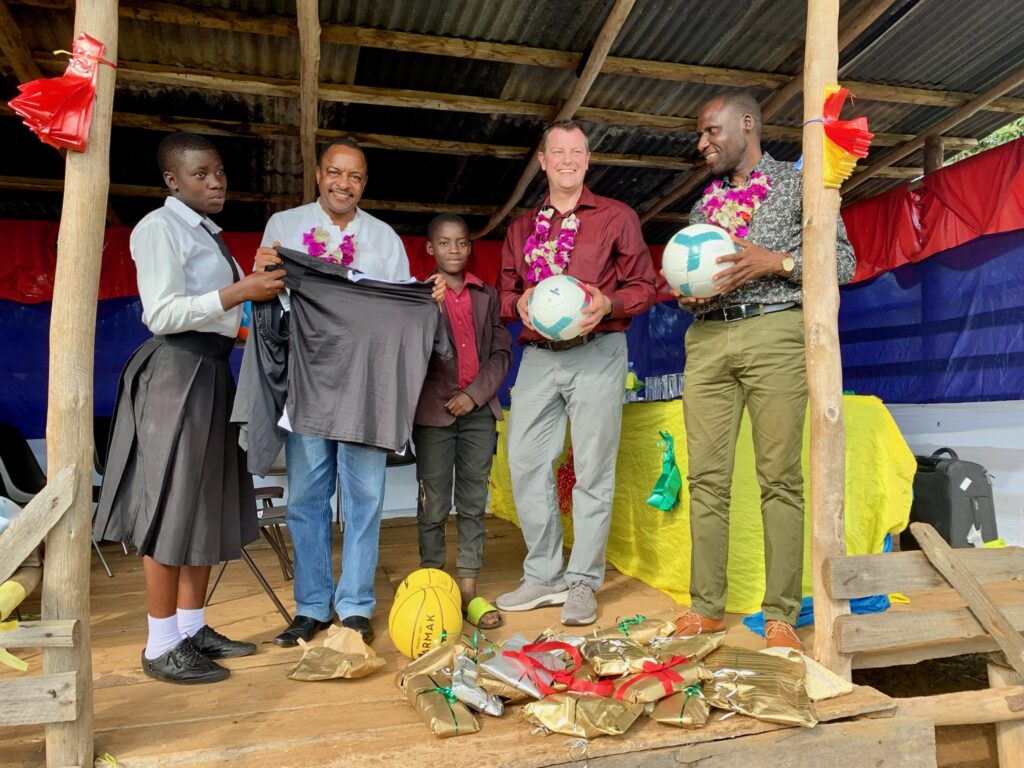
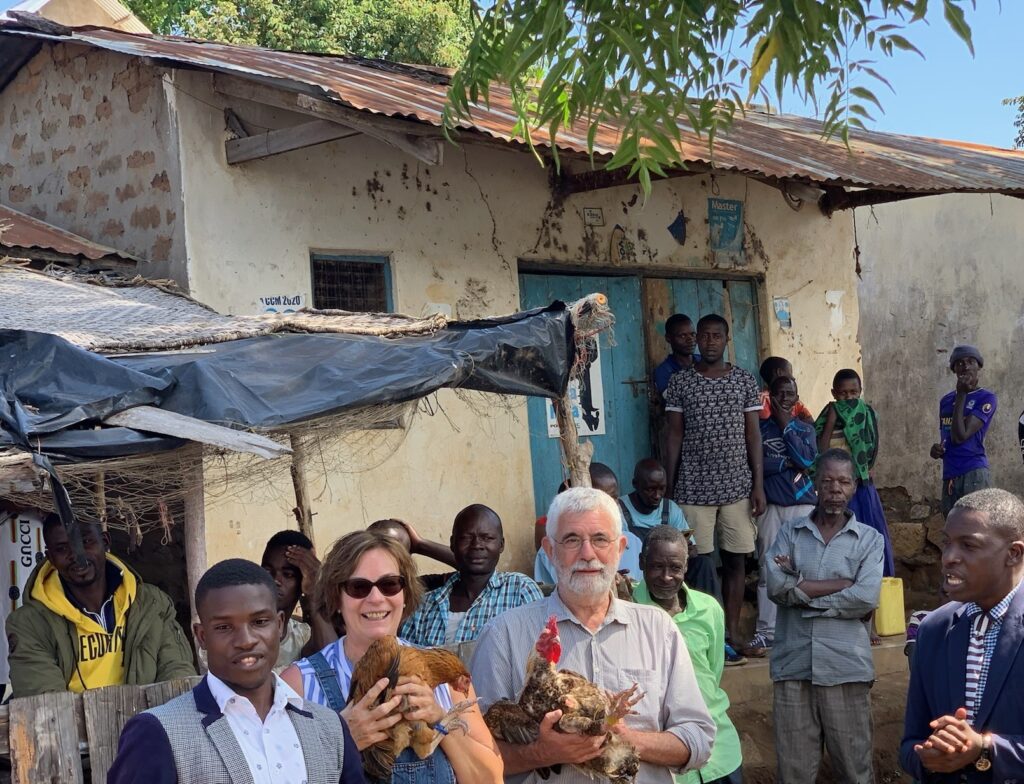
Together with Prof. Schade, Ralf Gladis visited the project and the people on Kibumba during his one-week trip to Tanzania. Immediately afterwards, they both went to Tweyambe School, 50 km away. Once there, the scientists and Computop founders considered how such a photovoltaic system could also be installed for Tweyambe School. In doing so, it was important for them to create a subject together with the school that would teach the pupils about the technology behind solar panels and lithium batteries – both of which were successful.
The goal: 200 school sponsorships – will you help?
- Better education
- self-sufficient energy supply
- sensible use of valuable raw materials
- CO2 avoidance
Computop’s payment people think this is an all-round sensible development project and have taken on the first school sponsorships. In order to reach the goal of ensuring the survival of the school with 200 new pupils, we need your support!
You would like to help?
If you would like to help, just send an email to our founder: ralf.gladis@computop.com – we will be happy to help and get back to you. Or donate here right now:
You need more info?
Want to read updates from Ralf Gladis and see how the campaign is generally going? Then head over to our project page at betterplace.org:
